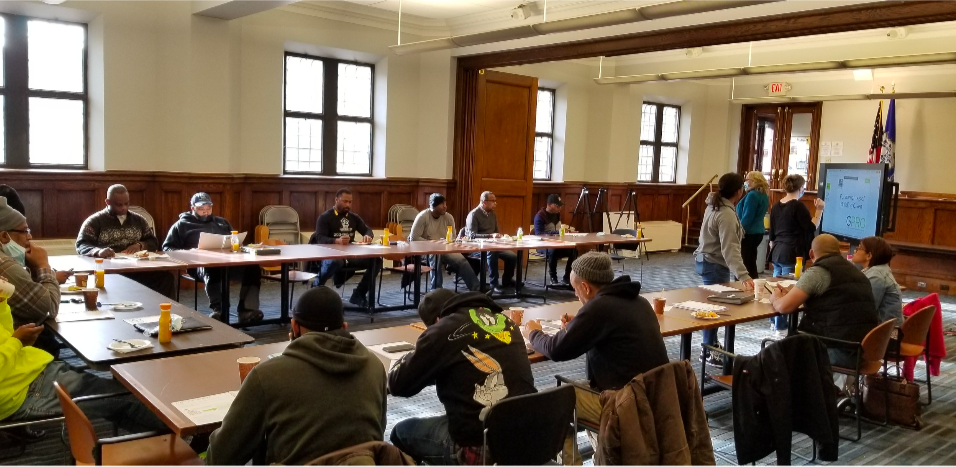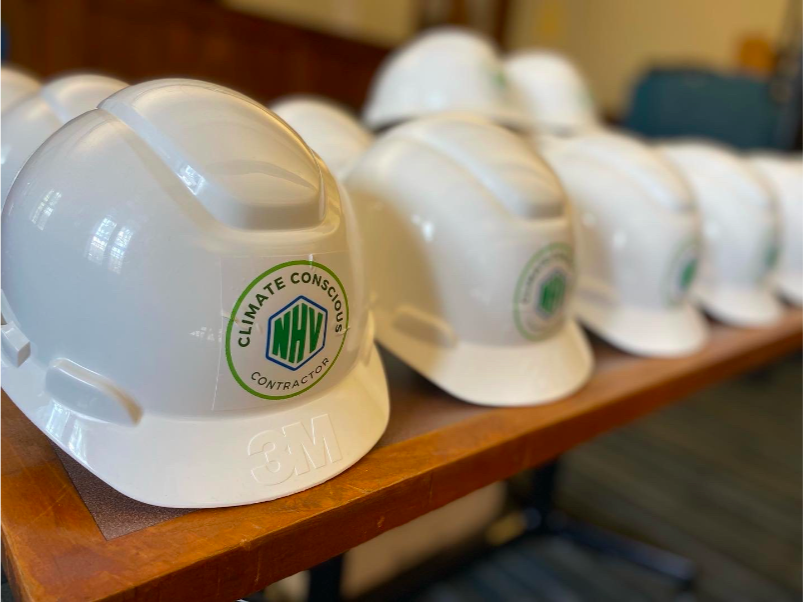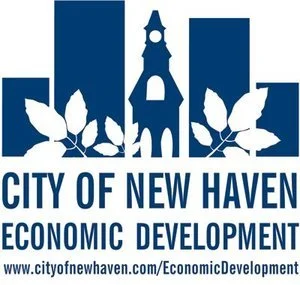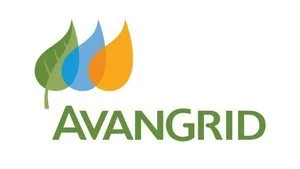Case Study: Climate Conscious Contractor Program
By Ruby Ranoa, Earth Forward Group
Published April 12, 2024
Climate Conscious Contractor in-person teach-in
A Just Transition
In recent years, the expanding U.S. green economy has created a significant opportunity for the City of New Haven to enhance its reputation as a leading environmental workforce destination. The city seeks to achieve this by empowering its residents to acquire new skills and knowledge, thereby channeling “green” dollars into local businesses. To ensure a truly sustainable labor pool and a just transition to a green energy economy, we must make certain that workforce programming is accessible, affordable and readily available to our next generation of contractors.
The Climate Conscious Contractor program addressed this by identifying skill gaps that existed among small minority and women-owned businesses and developed a series of trainings to elevate attendees' understanding of green building practices, energy efficiency, weatherization, solar energy, and building performance. It empowered underserved minority and marginalized groups to increase their education and career success through mentorship and workforce development to gain employment and contracts that yield higher-paying opportunities.
Project Design and Planning
Through a five workshop course offered in both Spanish and English, the program provided contractor hands-on educational training and certifications in several relevant areas. This included providing opportunities to earn certifications in Building Performance Institute (BPI) Building Science Principles and Urban Green Council GPRO Fundamentals of Building Green. It additionally incorporated technical training workshops on solar power, weatherization, blower door testing, insulation, air sealing, carpentry basics and green building best practices.
In accordance with local ordinance 12.¼, program design, marketing, recruitment, and delivery focused on ensuring program equity, accessibility, and affordability. Therefore, all outreach communications, marketing materials, and workshop materials were available in both English and regionally-specific Spanish. To address the affordability gap, stipends were implemented in some workshop offerings as some participants expressed economic impacts from attending sessions, thereby missing work.
In addition to the training sessions, the CCC program expanded accessibility to information about the City of New Haven Small Contractor Development Program (SCD) as a whole through a website redesign. The SCD webpages were reorganized to provide easy access to the most pertinent information, testimonial video was added to accompany written content so contractors could hear from individuals like themselves, and application documents were translated into Spanish, with English and Spanish instructional videos to accompany them. Special attention was given to using straightforward language and clearly laying out aspects of the application that were most often completed incorrectly and identifying where individuals could get more assistance or information.
Climate Conscious Contractor hard hats for participants of the program
Outcomes
In 2022, this program reached 30 unique contractors, with 5 individuals fully graduating from the program by completing the five-workshop series in their language of choice. Additionally, 11 individuals were awarded Certificates of Completion to those who had attended at least three out of the five workshops, and attendees earned 16 Urban Green GPRO Fundamentals of Building Green certificates and 8 Building Performance Institute Building Science Principles certificates. Among program participants, 21% were women (compared to the national average of 9% among female construction workers), 43% were Black or African American (compared to the national average of 13%), 37% were Hispanic or Latino (compared to the national average of 19%), and 8.6% identified as Bi-racial. Furthermore, this pilot program sparked further interest among participants and their top 3 requests for future programming included proposal writing, heat pumps, and OSHA training.






